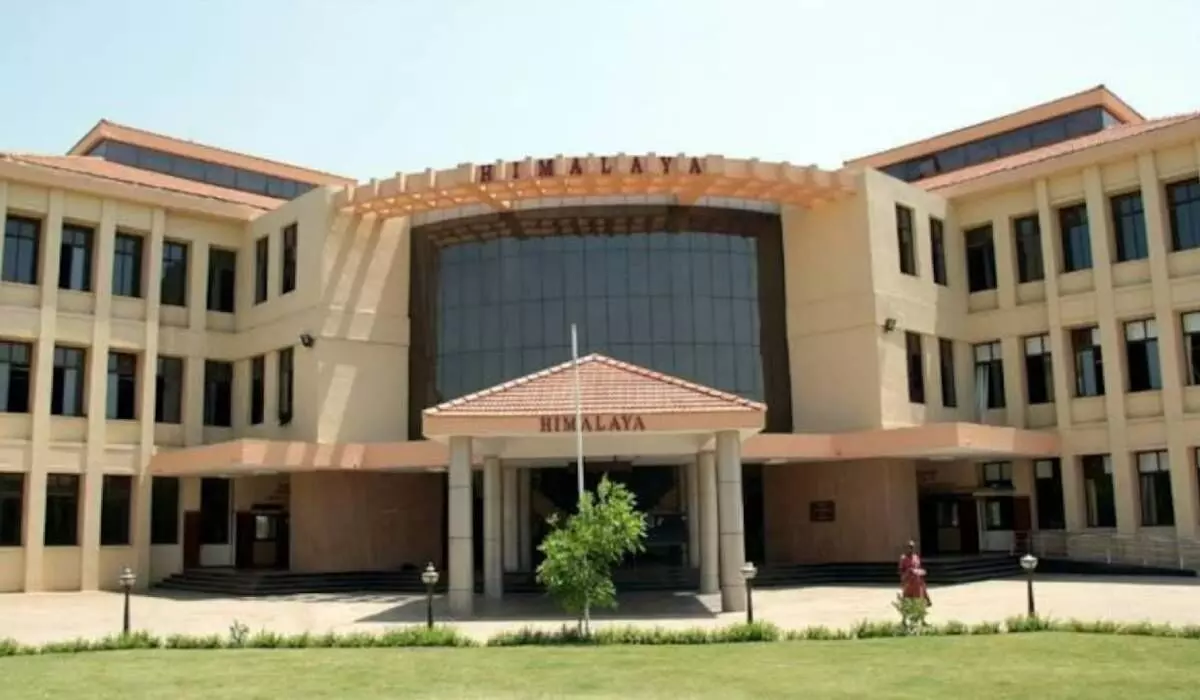IIT Madras builds IoT-based mobile air pollution tracker
It can be mounted on buses, cars, and two-wheelers to gather spatio-temporal air quality data
image for illustrative purpose

Chennai Researchers at the Indian Institute of Technology (IIT) Madras have developed a low-cost Internet of Things (IoT)-based mobile air pollution monitoring framework that can be mounted on buses, cars and two-wheelers to gather spatio-temporal air quality data.
Named as Project Kaatru (air in Tamil), it leverages IoT, big data and data science to provide pan-India hyperlocal air quality map; the exposure assessment for each Indian citizen; and data driven solutions for policy, intervention and mitigation strategies.
“Our affordable IoT based mobile monitoring network, coupled with data science principles offers unprecedented advantage in gathering hyperlocal insights into air quality,” said Prof. Raghunathan Rengaswamy, Faculty, Department of Chemical Engineering, IIT Madras, in a statement. “It is the only viable option at present, capable of offering high spatio-temporal awareness that could allow for informed mitigation and policy decisions,” he added. Traditionally, ambient air quality is measured in monitoring stations and reported as ‘Air Quality Index’ (AQI).
Since these stations are at fixed locations, they only measure the air quality of a small geographic area. Air pollution, however, is dynamic with locations just a few hundred metres away from each other exhibiting different levels of pollution.
Levels can also vary at different times of the day. However, setting up more stations is not practical because of the high costs. In contrast, the new IoT-based mobile air pollution monitoring technology can map an entire city at high resolution for the cost of a single reference monitoring station. Rengaswamy said the mobile air quality sensors have extensive usage in both personal and public health initiatives.
The data can be used to create a pan-India hyperlocal air quality map, assess exposure for each Indian citizen, and develop data-driven solutions for policy, intervention, and mitigation strategies

